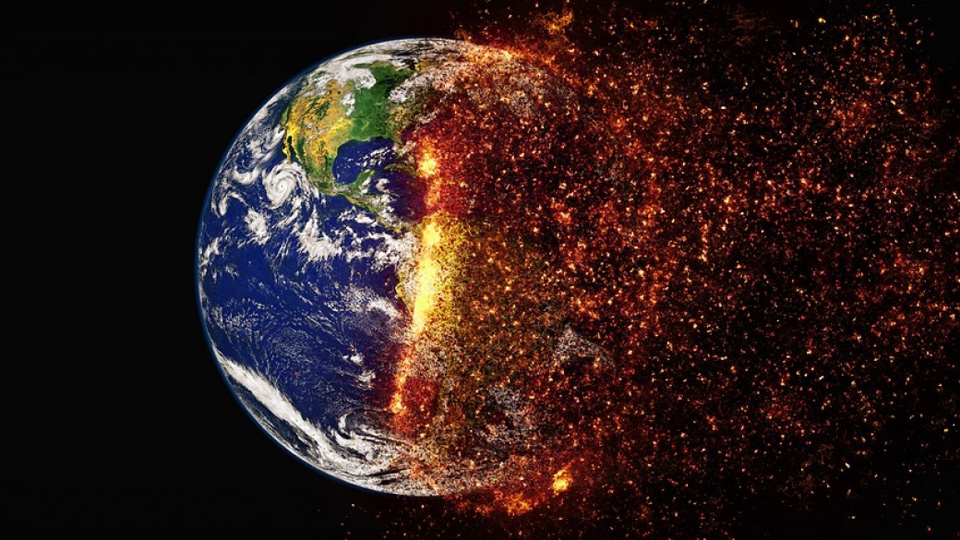
by Bhabani Shankar Nayak 1 July 2023
Capitalism is producing climate catastrophe due to its insatiable appetite for the accumulation of an unprecedented level of profit at the cost of people and the planet. In search of profit, capitalism destroys the environment on a daily basis. The worldwide capitalist system creates, sustains, and expands the ecological imbalance by consistently exploiting nature and human beings. The pandemic of global warming, environmental crisis, water and air pollution, desertification, floods, cyclones, food insecurities, and the growth of different diseases are the products of capitalism, which is inseparable from multiple forms of crisis. The working-class people aren’t contributing to producing such a crisis, but they are the worst victims of all these forms of crisis. However, the frenzied articulation of the climate crisis is dominated by capitalist corporations and their ideologues in media, politics, and society.
The oversimplified version of climate change looks at the ecological crisis merely as an environmental issue, suggesting that it can be controlled and reversed through policies promoting sustainable production and minimizing everyday consumption. However, such a dominant policy framework faces three key issues. Firstly, it fails to address the fundamental character of capitalism as a system based on limitless exploitation. Secondly, it places the burden of environmental issues on the masses, while overlooking the role of capitalism and its detrimental impacts on the environment. Lastly, it disregards the disproportionate impact of ecological disasters on the working-class population. In contrast, the capitalist discourse tends to blame people, their food habits, and their insatiable desires as the causes of the climate crisis. However, in reality, it is capitalism itself that undermines the foundations of a sustainable need-based society and promotes a desire-based society for its own sustainability.
The theology of capitalist development trajectory proves to be an ecological disaster trap, rendering capitalism incapable of solving the ecological crisis. Despite its role in the growth of environmental disasters, the class elites and chained intellectuals persist in promoting capitalism while ignoring its detrimental impact. Advocates of capitalism attempt to repackage the exploitative system as shareholder capitalism, which devalues nature and human beings in order to maximize profit by destroying the environment. Given this context, it becomes crucial for progressive forces to shape the narrative based on the environmental realities under capitalism, acknowledging that climate justice is an unattainable dream within this framework.
It is crucial to expose the fraudulent mainstream narratives and corporate logic surrounding the climate crisis. Addressing climate issues necessitates addressing class issues as well. The fight for environmental sustainability is inherently a struggle against capitalism. The working-class masses bear the brunt of the consequences of climate change. Resolving the climate crisis requires the redistribution of resources and means of production to tackle issues of poverty, inequality, and underdevelopment. Climate issues are inherently tied to class issues, and overcoming the climate crisis necessitates engaging in class struggles. The future of people and our planet depends on a troika consisting of a broad-based solidarity across all environmental movements, a shared understanding of the nature of capitalism and its detrimental impacts on the environment, and the recognition that climate issues are fundamentally class issues. Embracing these principles is essential in promoting an ecologically sustainable world
